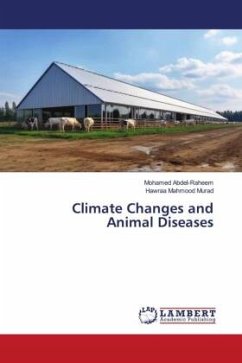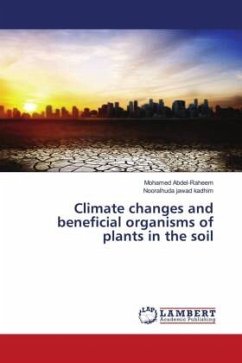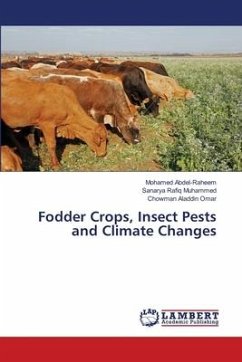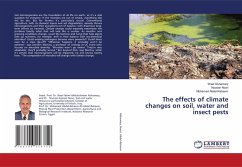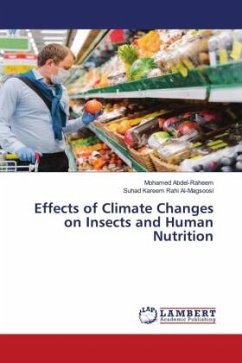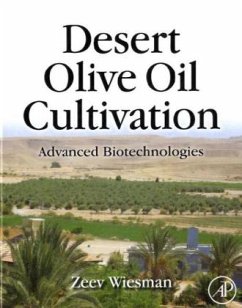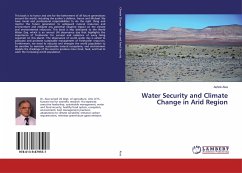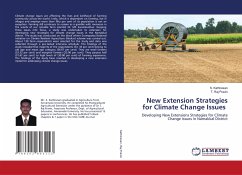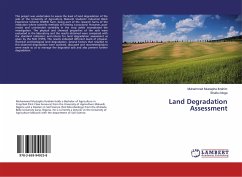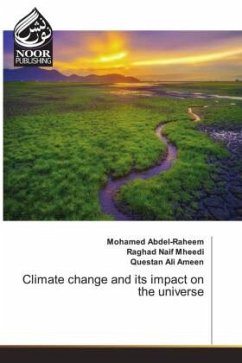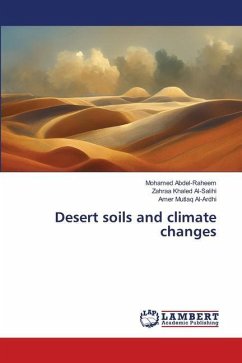
Desert soils and climate changes
Versandkostenfrei!
Versandfertig in 6-10 Tagen
56,99 €
inkl. MwSt.

PAYBACK Punkte
28 °P sammeln!
Desertification has been described as "the greatest environmental challenge of our time" and climate change is making it worse. While the term may bring to mind the windswept sand dunes of the Sahara or the vast salt pans of the Kalahari, it's an issue that reaches far beyond those living in and around the world's deserts, threatening the food security and livelihoods of more than two billion people. The combined impact of climate change, land mismanagement and unsustainable freshwater use has seen the world's water-scarce regions increasingly degraded. This leaves their soils less able to sup...
Desertification has been described as "the greatest environmental challenge of our time" and climate change is making it worse. While the term may bring to mind the windswept sand dunes of the Sahara or the vast salt pans of the Kalahari, it's an issue that reaches far beyond those living in and around the world's deserts, threatening the food security and livelihoods of more than two billion people. The combined impact of climate change, land mismanagement and unsustainable freshwater use has seen the world's water-scarce regions increasingly degraded. This leaves their soils less able to support crops, livestock and wildlife. In 1994, the UN established the United Nations Convention to Combat Desertification (UNCCD) as the "sole legally binding international agreement linking environment and development to sustainable land management". The Convention itself was a response to a call at the UN Earth Summit in Rio de Janeiro in 1992 to hold negotiations for an international legal agreement on desertification.



